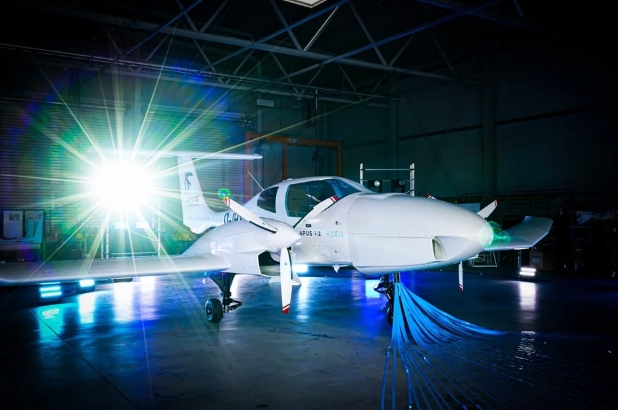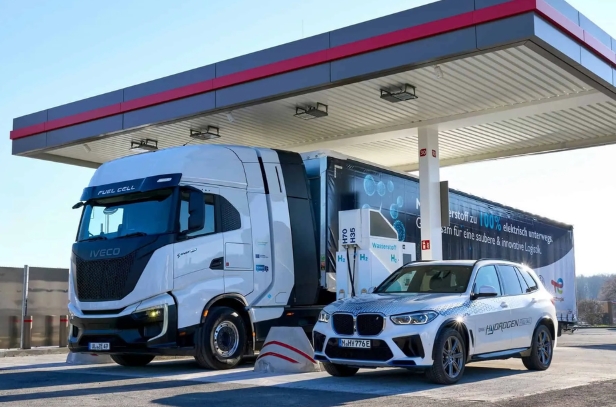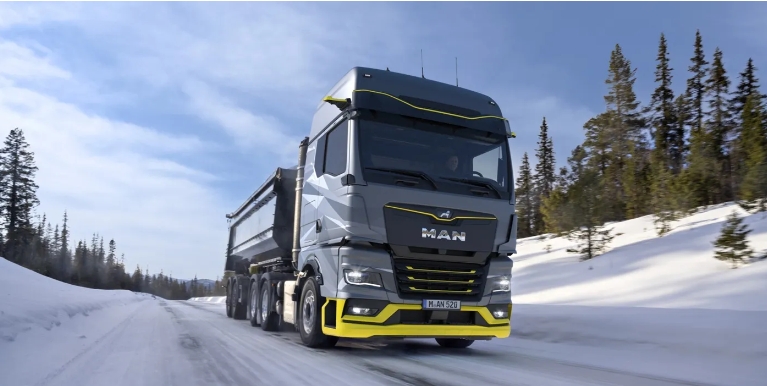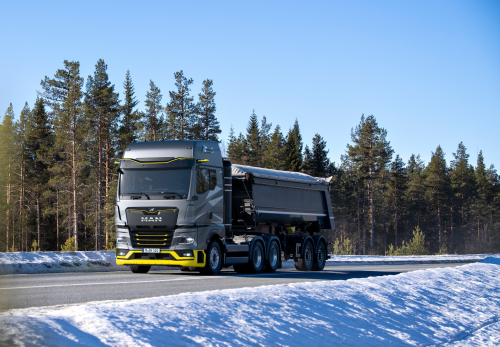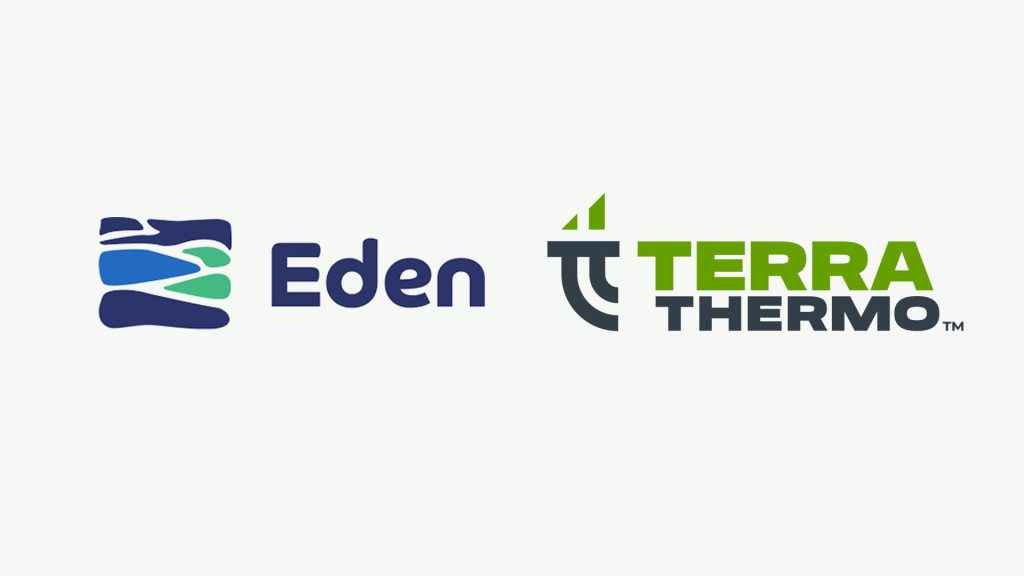
Part of the collaboration will be the assessment of the feasibility of deploying Eden’s “Electrical Reservoir Stimulation” technology in Projekt THERMO, which is being developed by TerraThermo. The Parties are expecting that Eden’s technology would be implemented in the Projekt THERMO in 2026/2027, when the relevant wells are drilled.
“We are delighted to be working with Eden GeoPower, to bring their technology to Europe. The next generation of natural resource recovery technologies are critical in the energy transition. Europe has a long history of geothermal heat and power generation, but facilities have often been unable to achieve required production rates due to restrictions on traditional hydraulic fracturing, so we expect that Eden’s technology will be extremely important for project developers and will be supported by legislators and the public,” commented John Ashbridge, CEO of TerraThermo.
“We are delighted to partner with TerraThermo to bring our technology to Europe. We believe that our technology is ideally suited to Projekt THERMO and the operating environment in Europe. With our alternative, water-minimal electric based rock stimulation technology, we can increase permeability and avoid the injection of large volumes of water into the reservoir,” added Paris Smalls, CEO of Eden.
“We believe that our technology can be a game changer for the European renewable energy market, particularly for deep geothermal. Our new engagement with TerraThermo highlights our goals to bring the value of our technology to the European market and assist many countries in achieving their renewable energy goals.”
Support for a project pipeline
Beyond Projekt THERMO, the Parties have agreed to collaborate more widely in Europe. TerraThermo expects that the 12MW geothermal power plant would be the first of many, with the potential for multiple projects in Germany and other European countries.
TerraThermo’s project development pipeline (including Projekt THERMO) is aligned with Eden’s objectives of enhancing subsurface permeability in the geothermal industry. TerraThermo will seek to use Eden’s technology in its projects, where possible. The company had just recently secured investment from alfa8 to support Projekt THERMO.
Eden’s “Electrical Reservoir Stimulation” Technology
Eden has developed a first-of-its-kind Electrical Reservoir Stimulation (ERS) technology to increase the recovery of
natural resources and improve the economics of resource recovery with minimal environmental impact.
Its patented ERS Technology uses electricity to enhance permeability, increasing the recovery of new and existing assets. Eden’s technology reduces water consumption, curbs carbon emissions, and mitigates the seismicity risks that come with traditional hydraulic fracturing, making the process fundamentally more sustainable.
Eden’s unique approach is equally well suited to enhancing subsurface permeability across industries, including geothermal.
By using high-voltage electricity and advanced reservoir monitoring techniques, Eden increases rock permeability while controlling the direction of the generated fracture network, targeting specific subsurface areas more precisely. This allows for a step change improvement in reservoir productivity and, as a result, the economic viability of energy transition initiatives that lever geological reservoirs.
ERS is an evolution from traditional hydraulic-fracturing methods which are water-intensive and create uncontrollable fractures, or “short-circuits,” that can hinder fluid flow and obstruct re-stimulation, functionally ending a reservoir’s economic viability. Additional benefits of ERS include a substantial reduction in the number of trucks necessary for fluid and proppant transportation, emissions from wastewater treatment, pumping horsepower requirements, and seismic events. The result is a reduction in CO2 emissions, water consumption, and associated environmental hazards compared to traditional hydraulic-fracturing operations.
